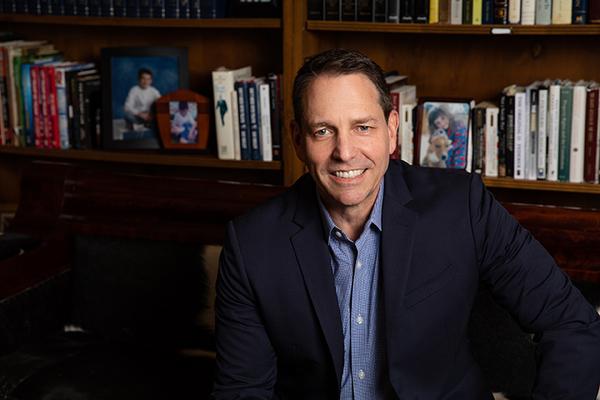North Carolina could be joining the Convention of States that seeks to restore the balance between the state and federal government using Article V of the United States Constitution.
In March 2021, the North Carolina House passed House Joint Resolution 233, which calls for the state to be added to the convention, now leaving it up to the Senate to follow the House’s lead.





